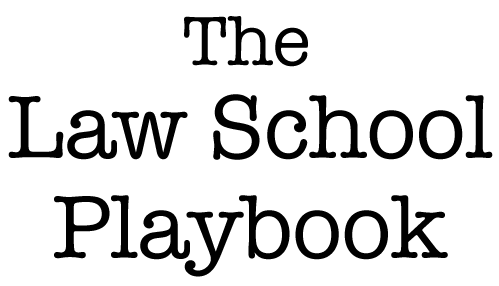Use this self-evaluation to consider your memorization techniques and to explore alternative methods for improvement.
1. Are you using just one method to a memorize information (i.e., going over and over it until you’ve mastered it)?
Many students focus on repeating information either orally or in writing when trying to memorize. The relevant research, however, shows that this is a less than optimal technique. Instead, studies show that your learning is actually more durable if you mix it up with other skills or information before you master it. The feeling of “mastery” that comes from massed practice is really just your short-term memory being familiar with information. To place the information in your long-term memory for use on assessments, it is better to space out practice and mix it up with other things. In practical terms, that means you are better served by engaging in shorter, spaced out practice on a regular basis, rather than clumping it all together.
2. Do you resist the discomfort of working through a concept you do not understand?
According to the authors of Make It Stick: The Science of Successful Learning, easy learning is not long-lasting. To the contrary, it is the effort required to learn that results in true retention. Consequently, it is okay to struggle before understanding a concept fully. The research shows that doing so will ultimately help you learn better, even if it is not as fast or does not feel as satisfying.
3. Do you use your outlines in an active, rather than passive, way?
Although many students endeavor to learn their law school outlines by reading them multiple times, the relevant reach shows that it is much better to actively engage with your outlines. Doing so allows you to concentrate on the material, understand it, and remember it. There are numerous ways to actively engage with your outlines, such as using them to draw diagrams and pictures, to teach concepts to others, to invent mnemonics, and to quiz yourself. For example, cover up a portion of your outline, then try to write down everything you know about a topic. This is actively, rather than passively, using your outline.
4. Do you try to memorize too much information at once? Please explain your response.
To make memorizing manageable, do not try to memorize your entire outline in one sitting. Instead, it is a better practice to divide your into manageable sections.
5. Do you regularly use what is known as the “testing effect” or “retrieval practice”? Please explain your response.
A well-known study compared the memory of two groups of students. One group read and re-read the material, and the other group read the material and then tested themselves on it. The “testing” group showed greatly increased retention. The testing effect or retrieval practice is a learning strategy where we focus on getting information out. Through the act of retrieval, or calling information to mind, our memory for that information is strengthened and forgetting is less likely to occur. This is why practice questions are so important—the act of forcing yourself to recall the information also assists in memorization and long-term retention.
Other tips:
Avoid focusing on form over substance on your outlines. Students often focus on making a perfect looking outline at the expense of actually learning and memorizing the information in the outline. Although you should be able to see the hierarchy of rules and sub-rules, there no points for beauty! The same is true of flashcards if you choose to make them yourself.
Change your study location. Cognitive psychologists have found have found that changing your study location results in increased retention and reduces the forgetting curve. If you are struggling with memorization, try a new and different study location.
Using acronyms or mnemonic devices to help with memorization. You’ve likely done this in your property class already by using HELUVA when studying the elements of adverse possession. Acronyms like these can help with recall.
Use flash cards actively. Make your own handwritten flash cards. The act of writing them will assist with your memorization. Alternatively, use SRS actively and not passively. Write down your answer to the SRS card or say your answer aloud before turning it over.
Summary Self-Evaluation
Reflect on your current memorization strategies and identify areas for improvement.
Will you make changes to your memorization techniques based on this exercise? Why or why not?
